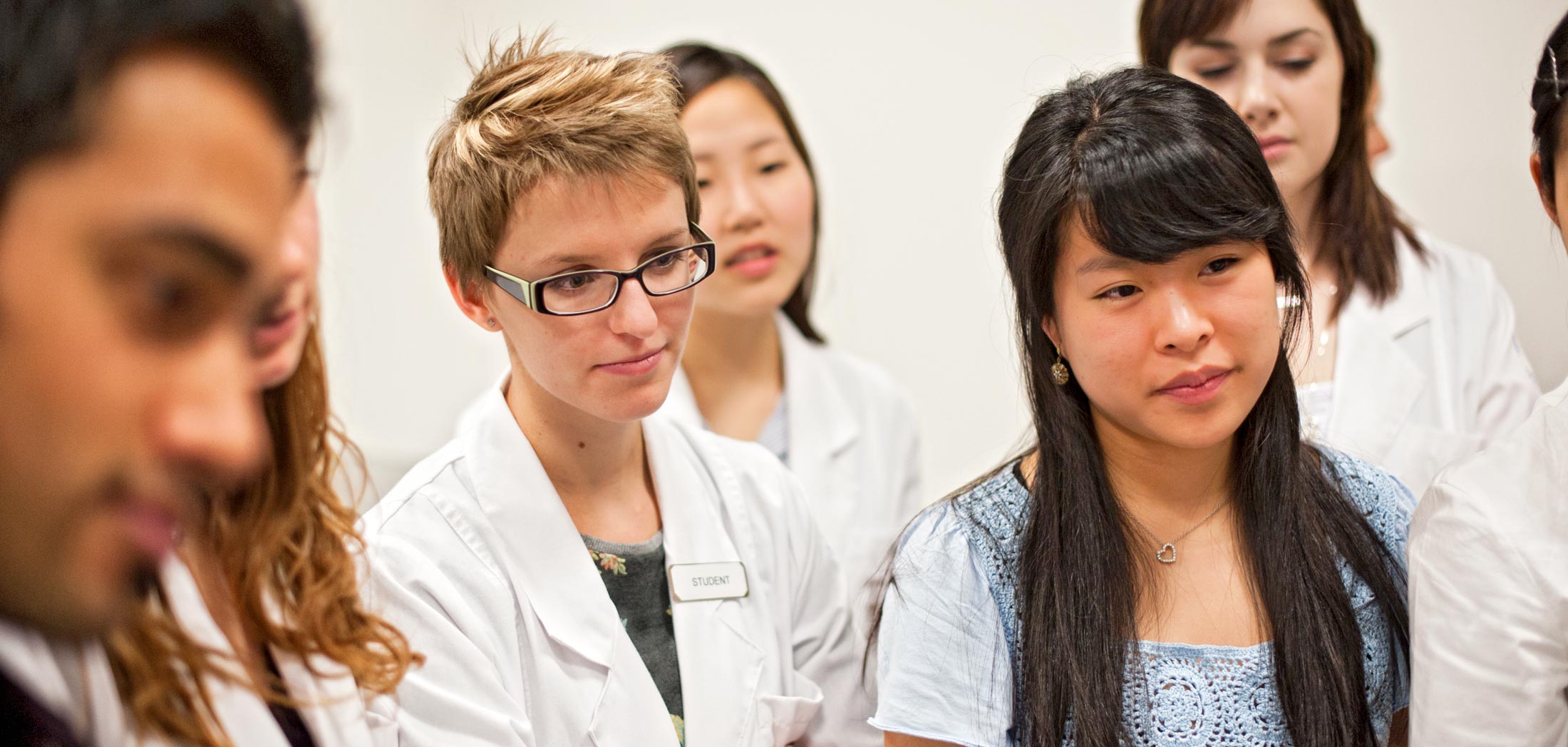Neuroscience Graduate Program

Our graduate students have the opportunity to work with members from a variety of faculties at the University of Alberta, providing them with a top-tier graduate program experience. Alumni from the neuroscience graduate programs have found careers as professors and researchers, and many have continued their education in postdoctoral fellowships and medical schools around the world.
See the full Neuroscience Graduate Program Manual for complete details »
Prospective students interested in applying to our graduate program please review the prospective graduate students section.